Russia says ultimate goal of external powers in Belarus is regime change
A senior Russian official says the ultimate goal of external forces in fueling post-election unrest in Belarus is regime change, after Minsk hinted at “irrefutable” evidence of the involvement of the United States in a coup plot in the European country.
Head of Russia's Security Council Nikolai Patrushev made the remark after a meeting with Belarusian President Alexander Lukashenko in Minsk, Belarus' capital, on Tuesday.
"Their [the external forces'] ultimate goal is to change the structure and power in Belarus. We have been witnessing this lately," Patrushev said.
The Russian official said he had discussed with the Belarusian leader global and regional stability, bilateral cooperation, and numerous security challenges threatening the region.
"Our assessments are not just close, they fully coincide. Beyond a doubt, we are uniting, and will be uniting our efforts, and will act jointly against these challenges and threats," he emphasized.
Patrushev also voiced concern about the suspicious activities of some NGOs operating in Belarus.
"I spoke about the issues of information security. And it is necessary to pay attention to non-governmental organizations and their activity. Though they say that they are independent, this is totally not the case," Patrushev said. "It is necessary to see where they get their funding from, and who they are accountable to, and how these funds are being spent."
He stressed the need for the exchange of information between the law-enforcement agencies and security services of Russia and Belarus to address such issues.
Belarus' Defense Minister Viktor Khrenin said last Wednesday that Belarusian investigators now knew that US government agencies had been involved in preparations for a coup in Belarus.
In April, Belarusian President Alexander Lukashenko said a coup and assassination attempt against him and his family had been thwarted. He said foreign intelligence services, most likely "the FBI, the CIA" had been involved.
Lukashenko won a sixth term in office in a presidential election in August 2020. His main political rival, Sviatlana Tsikhanouskaya, protested the result, claiming there had been voter fraud. Western governments quickly came out in her support, repeating the allegations of vote-rigging.
The European Union (EU) announced on September 15 the same year that it did not recognize Lukashenko as the legitimate president of Belarus.
The US, the EU, Britain, and Canada also recently imposed a series of new sanctions on Belarusian entities and officials in a coordinated response to the grounding of an intra-EU flight in Minsk.
Lukashenko, however, has so far shrugged off the Western pressure with backing from key ally Russia. Minsk has also warned that it might be forced to take reciprocal measures that could in turn adversely affect the citizens and businesses of Western countries.
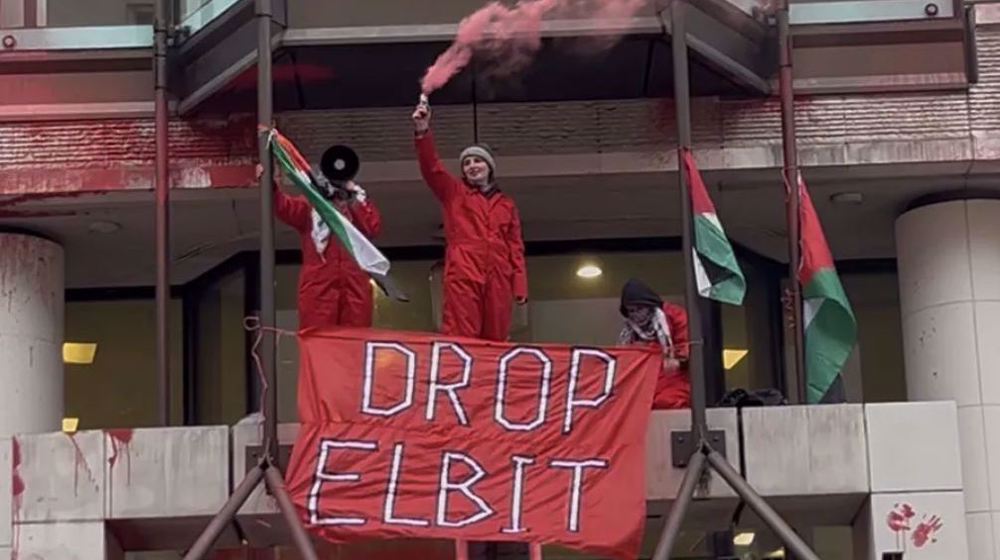
UK shared contact details of police, prosecutors with Israel: Report
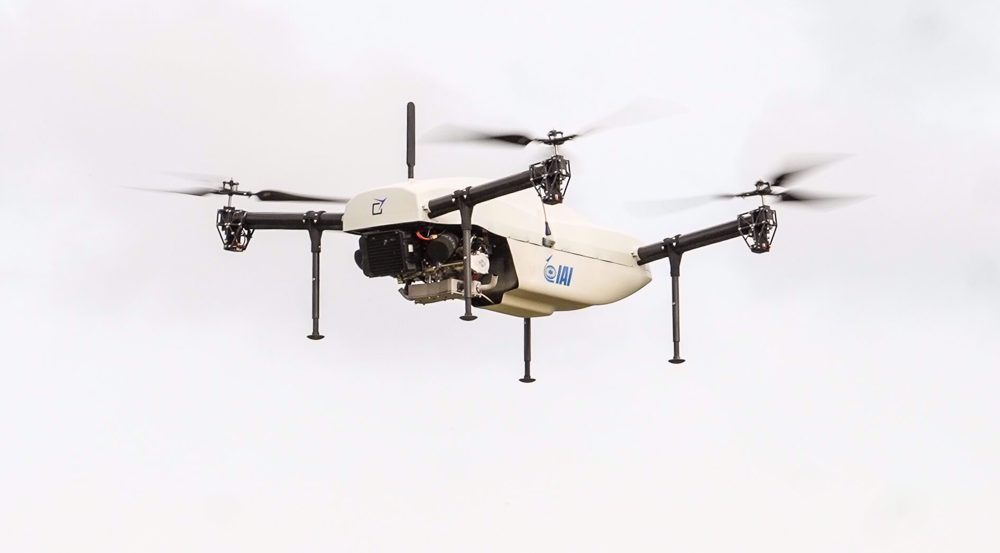
British firm supplying engines for Israel's killer drones: Report
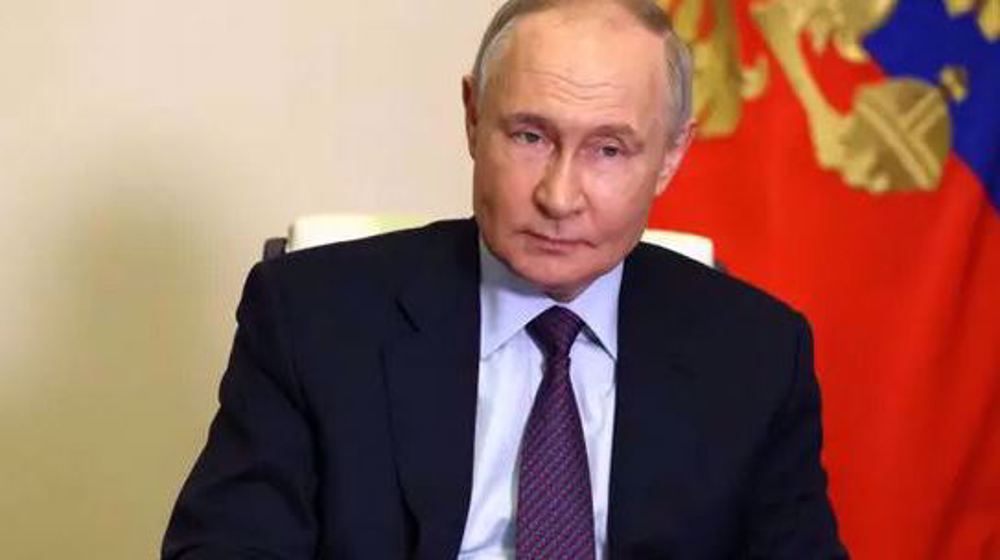
Putin orders surprise 3-day Ukraine war ceasefire in May
VIDEO | Displaced Palestinians in Jenin face harsh living conditions
VIDEO | Pro-Palestine protest held in Lebanon’s capital
VIDEO | Trump's first 100 days
US aircraft carrier to leave after intense Yemeni strikes: Report
Pakistan repeats claim of pending India military action; says strike planned for ’next 24 to 36 hrs'
Yemen warns US, West: We have 8 million fighters ready, may expand our war
Gaza’s humanitarian crisis deteriorating ‘beyond imagination’: UN chief
US announces new Iran sanctions despite ongoing nuclear talks


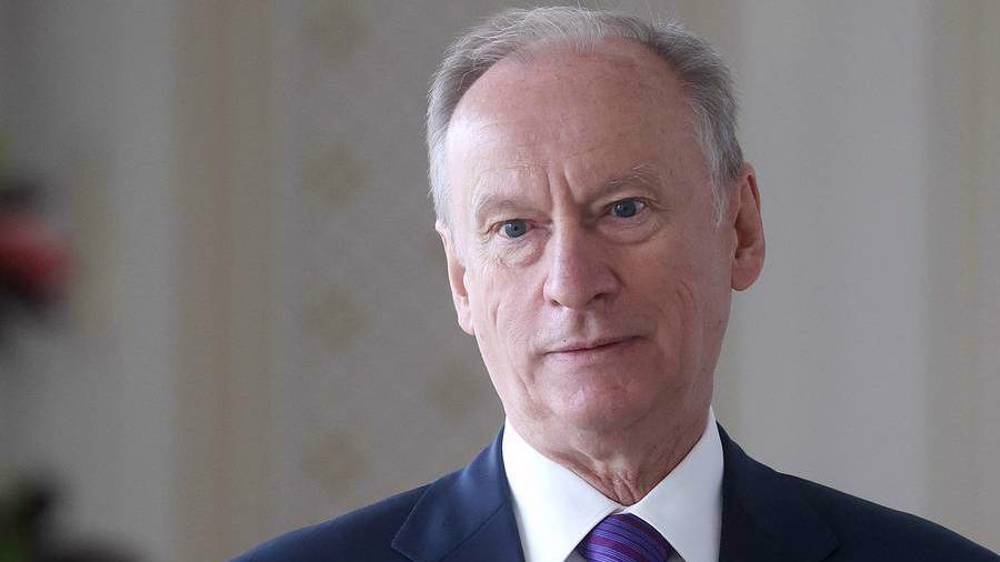
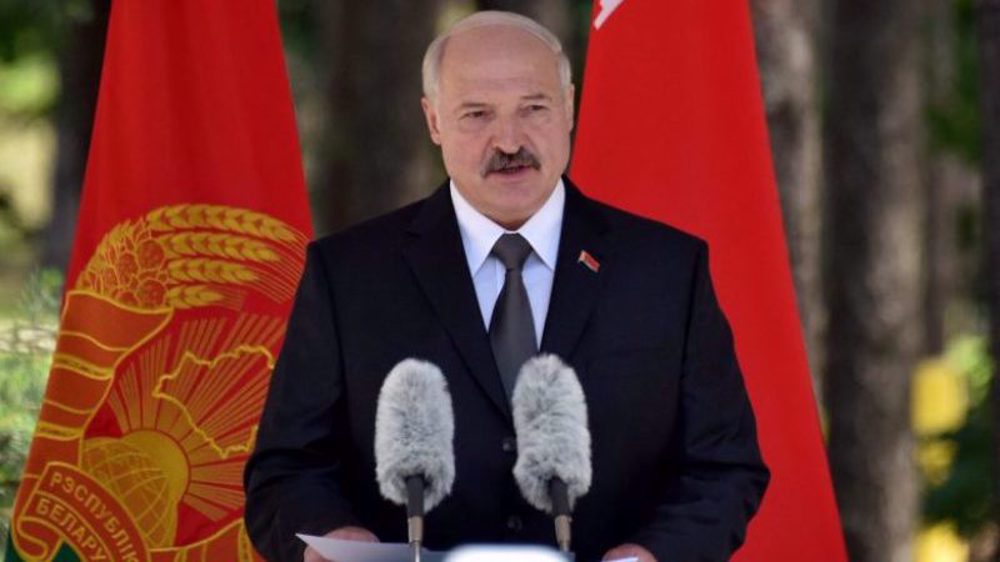



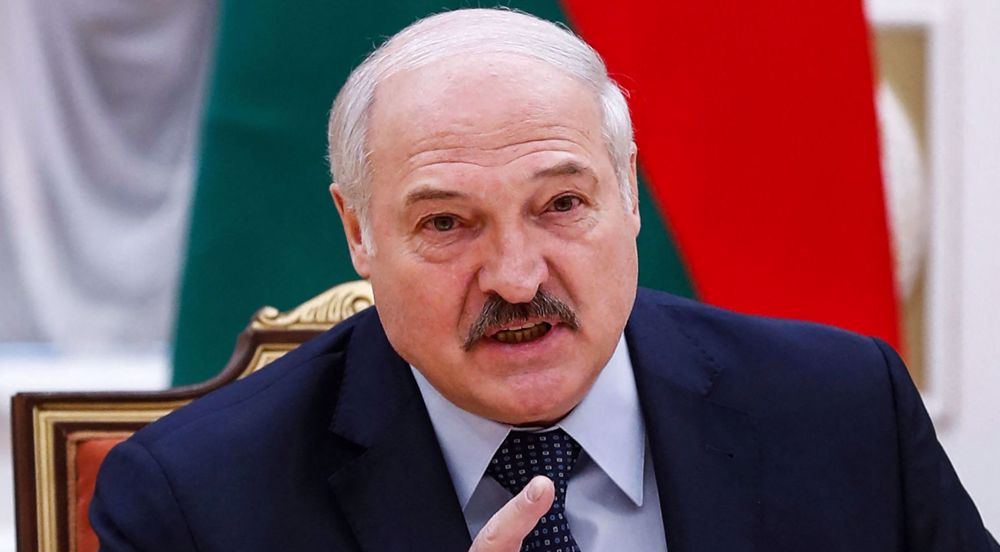


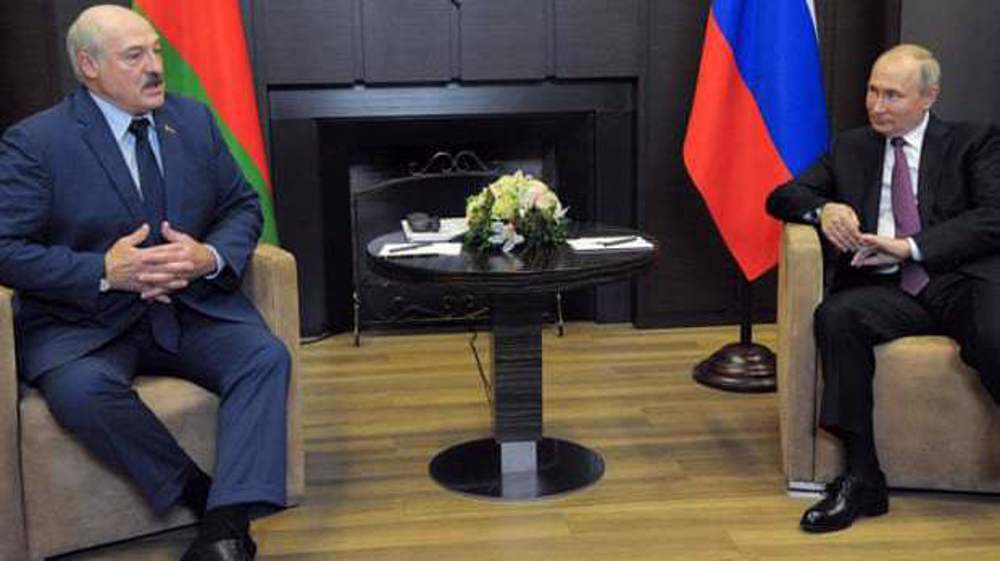


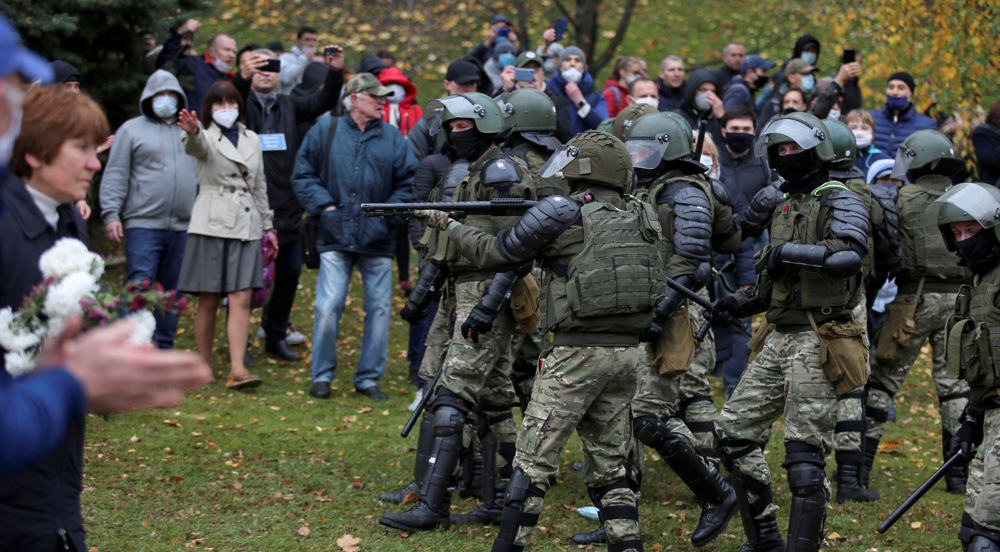
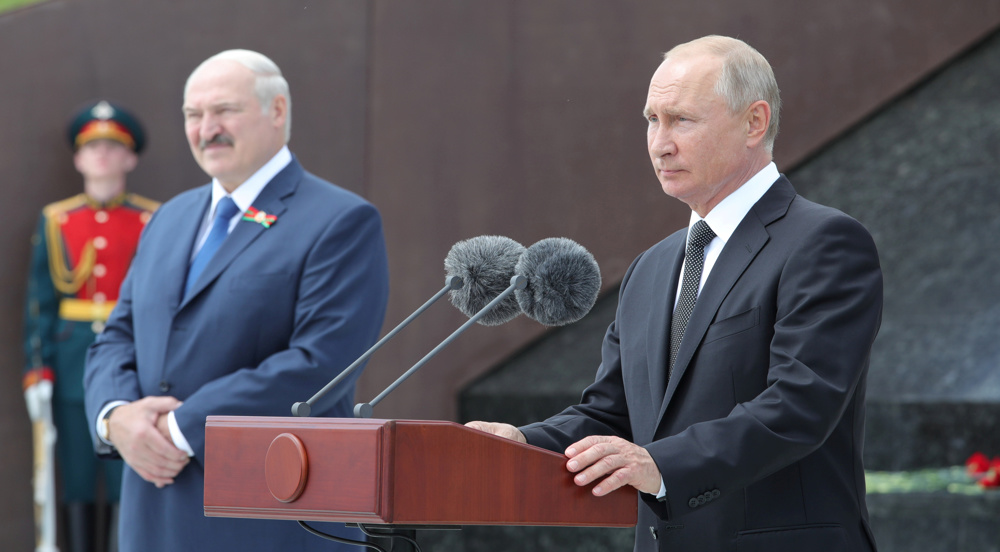

 This makes it easy to access the Press TV website
This makes it easy to access the Press TV website